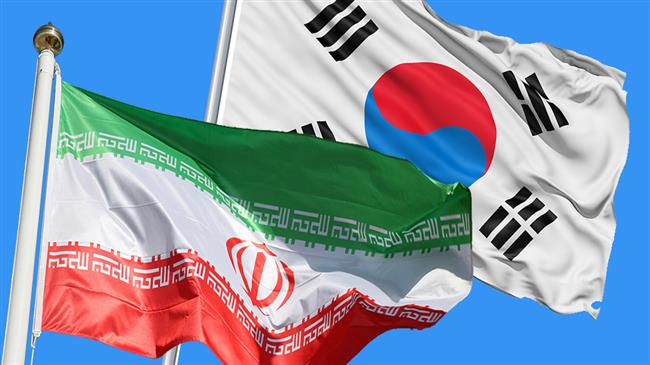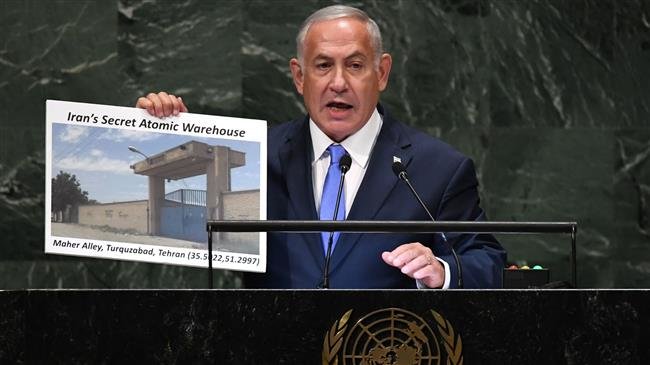Iran splitter has South Korea cut oil imports by 46%


South Korea’s oil imports from Iran have declined for the fifth consecutive month in March, falling about 46% from the same month a year ago, largely due to fewer condensate shipments.
South Korea is a main customer of Iran’s condensate, an ultra light oil which has a wide range of utilization in the petrochemical industry.
According to data released by the Korea Customs service, the Asian country imported 10.06 million barrels or 324, 516 barrels per day of Iranian oil in March, from 18.54 million barrels a year ago.
South Korea’s imports of Iranian condensate in the first three months of this year dropped about 40% to 280,736 barrels per day, over the same period a year ago.
Nevertheless, the overall imports of oil and condensate from Iran in March were up 10.7% from 9.09 million barrels in February, the report said.
According to Shana news portal, Iran’s oil exports totaled 2.1 million barrels per day (bpd) in March, including 400,000 bpd of condensate.
The country has been cutting on condensate exports since the startup of a new splitter in February, adding 120,000 bpd of refining capacity to the existing 120,000 bpd from phase one.
Iran is on course to raise this capacity to 360,000 bpd, making the Persian Gulf Star in Bandar Abbas the Middle East’s biggest condensate refinery.
South Korean refiner Hyundai Oilbank Corp was reported to have bought its first ever cargo of the ultra light oil from Norway to replace Iranian barrels.
On Tuesday, South Korea’s SK Incheon Petrochem said it had cut its monthly Iranian condensate imports by nearly half to 1.1 million barrels.
The firm said Iran had raised the official selling price (OSP) for the country’s Light crude for May loading to $1.30 a barrel above the average of Oman and Dubai quotes, 10 cents higher than April.
SK Incheon Petrochem will continue boosting purchases to replace Iranian condensate from sources such as Russia, Kazakhstan and Nigeria, it said.
“We will increase our light crude imports for the time being in response to increasing prices for Iranian oil,” Reuters quoted the firm as saying.
Another South Korean refiner, Hyundai Oilbank Corp, was reported earlier this month to have bought its first ever cargo of the ultra light oil from Norway to replace Iranian barrels.
Splitters process condensate for fuel, specifically naphtha, to make petrochemicals. Naphtha is a gasoline blending component and a feedstock for plastics and other petrochemical products.
South Korea and Japan are major customers of Iran’s South Pars condensate, favoring the grade for its rich naphtha yield as well as its relative cheapness to other condensate grades.
Iranian officials say the country’s policy is to reduce condensate exports and use the substance in production of value-added goods.





